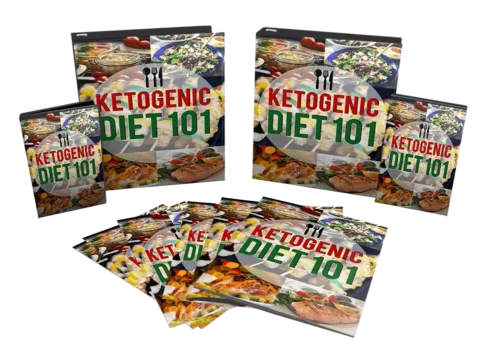Losing weight can be a challenging task, but with the right diet and lifestyle changes, it is possible to achieve your weight loss goals. One such diet that has gained popularity in recent years is the ketogenic diet, also known as the keto diet. In this article, we will explore the benefits of a ketogenic diet for weight loss and how it can help you achieve your desired weight.
1. What is a Ketogenic Diet?
A ketogenic diet is a low-carb, high-fat diet that focuses on reducing carbohydrate intake and increasing fat intake. This reduction in carbs puts your body into a metabolic state called ketosis, where your body burns fat for energy instead of carbohydrates.
2. How Does a Ketogenic Diet Help with Weight Loss?
When your body is in a state of ketosis, it burns stored fat for energy, leading to weight loss. Additionally, a ketogenic diet can help reduce appetite and promote feelings of fullness, making it easier to stick to a calorie-controlled diet.
3. What Foods Can You Eat on a Ketogenic Diet?
A ketogenic diet typically includes foods high in fat, moderate in protein, and low in carbs. Some examples of keto-friendly foods include meat, fish, eggs, cheese, nuts, seeds, avocados, and low-carb vegetables.
4. What are the Benefits of a Ketogenic Diet for Weight Loss?
A ketogenic diet has been shown to be effective for weight loss, with studies showing that it can lead to greater weight loss than low-fat diets. Additionally, a ketogenic diet can improve insulin sensitivity, reduce inflammation, and improve cholesterol levels.
5. Are There Any Risks Associated with a Ketogenic Diet?
While a ketogenic diet can be effective for weight loss, it is not suitable for everyone. Some people may experience side effects such as constipation, bad breath, and nutrient deficiencies. It is important to speak with a healthcare provider before starting a ketogenic diet to ensure it is safe for you.
In conclusion, a ketogenic diet can be an effective tool for weight loss, with numerous benefits for overall health. By reducing carbohydrate intake and increasing fat intake, you can help your body enter a state of ketosis and burn stored fat for energy. However, it is important to speak with a healthcare provider before starting a ketogenic diet to ensure it is safe for you.
If you’re interested in learning more about the ketogenic diet and how it can help you achieve your weight loss goals, be sure to check out the Ketogenic Fat Loss Diet 101 book. This comprehensive guide provides a detailed overview of the ketogenic diet, including meal plans, recipes, and tips for success. With the Ketogenic Fat Loss Diet 101 book, you’ll have everything you need to start your ketogenic journey and achieve the weight loss results you’ve been looking for.

